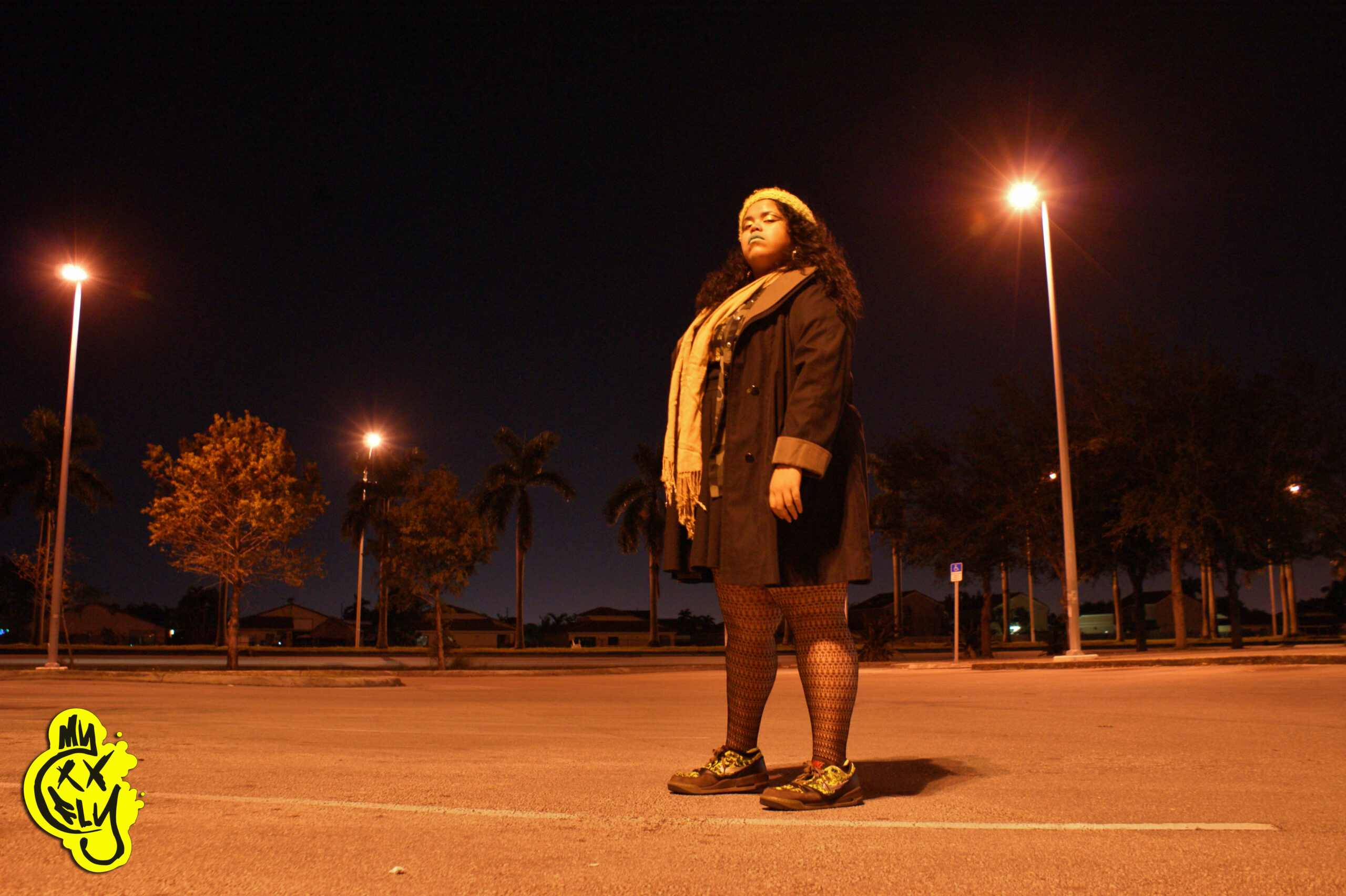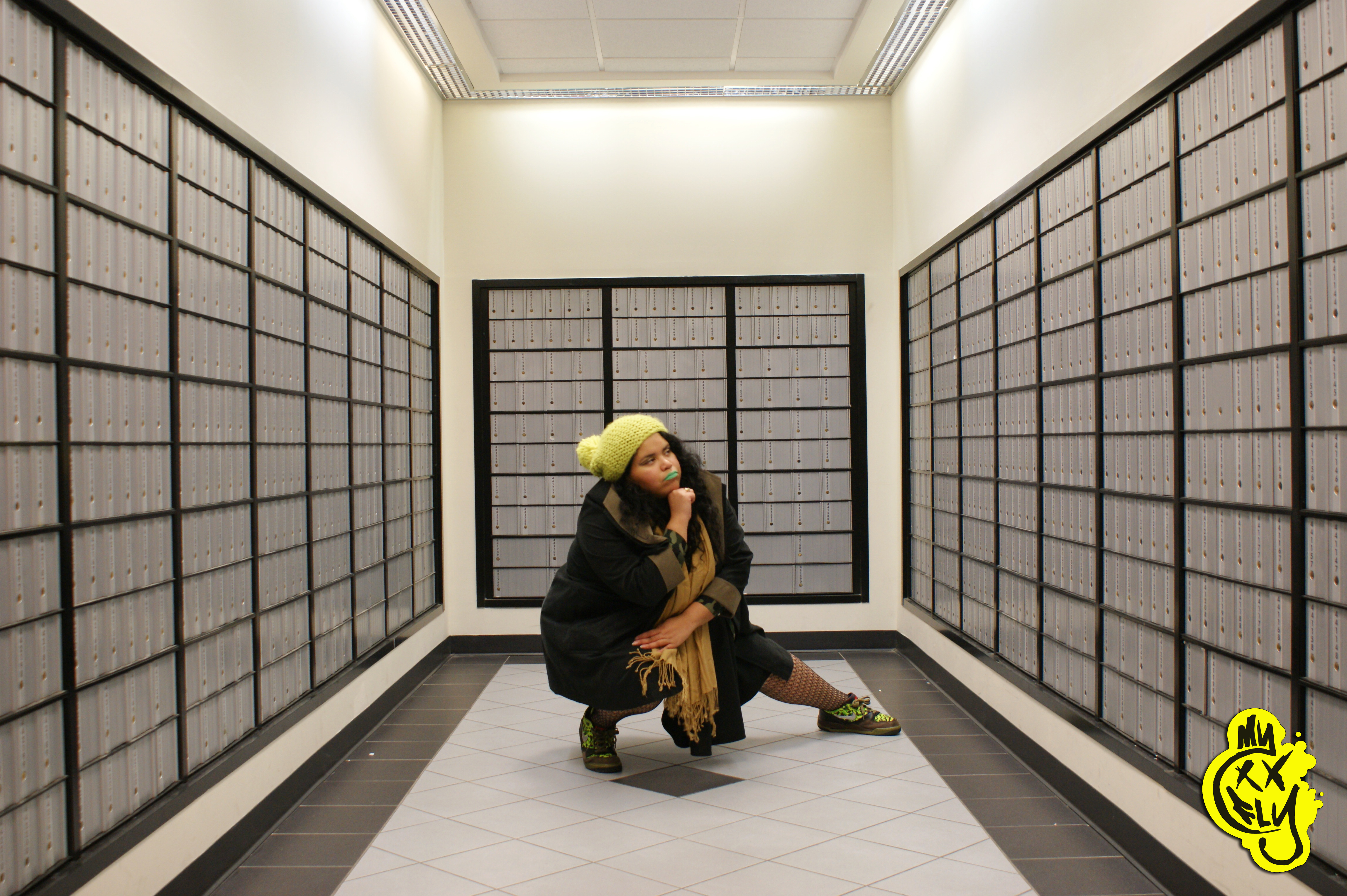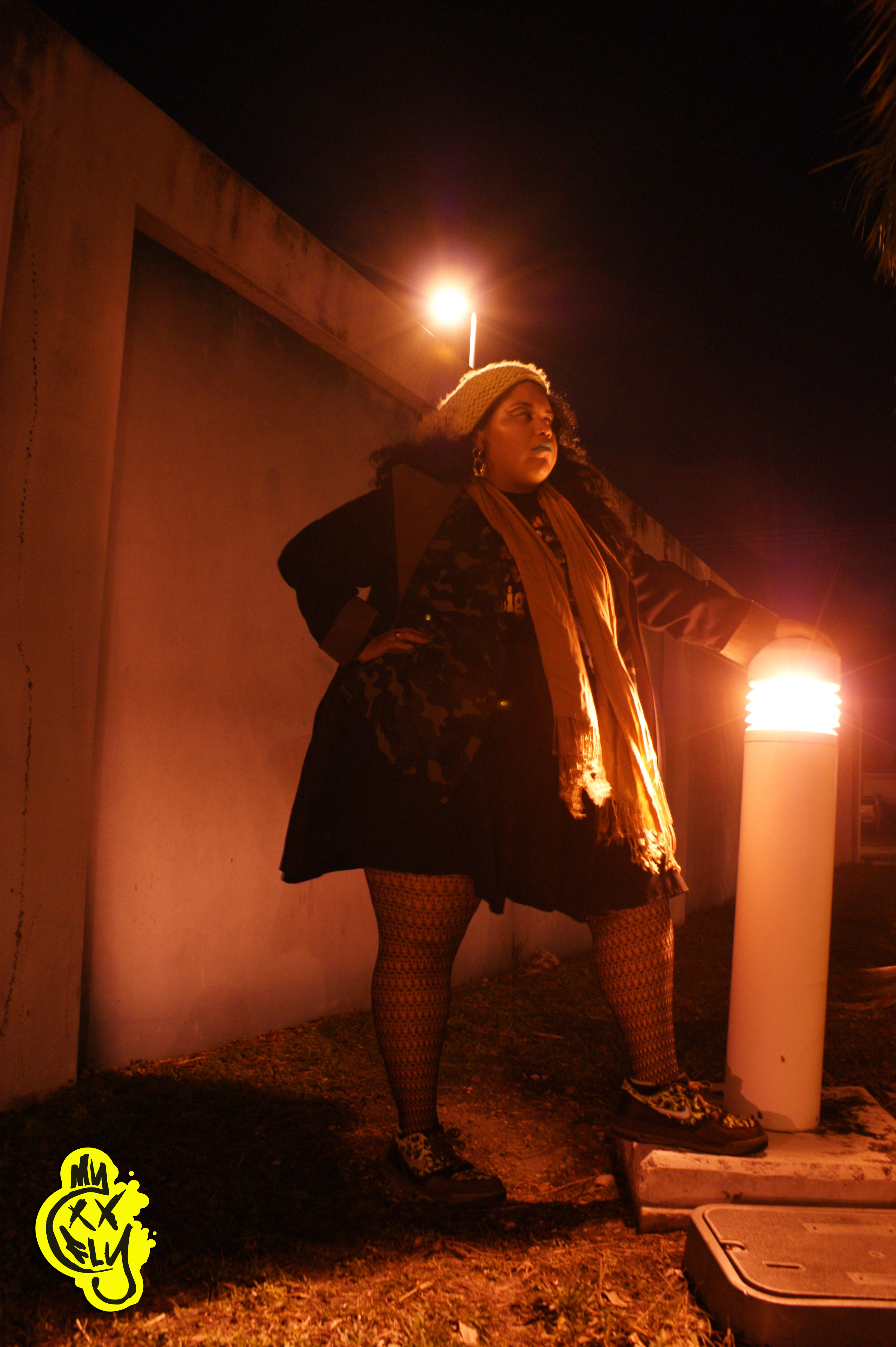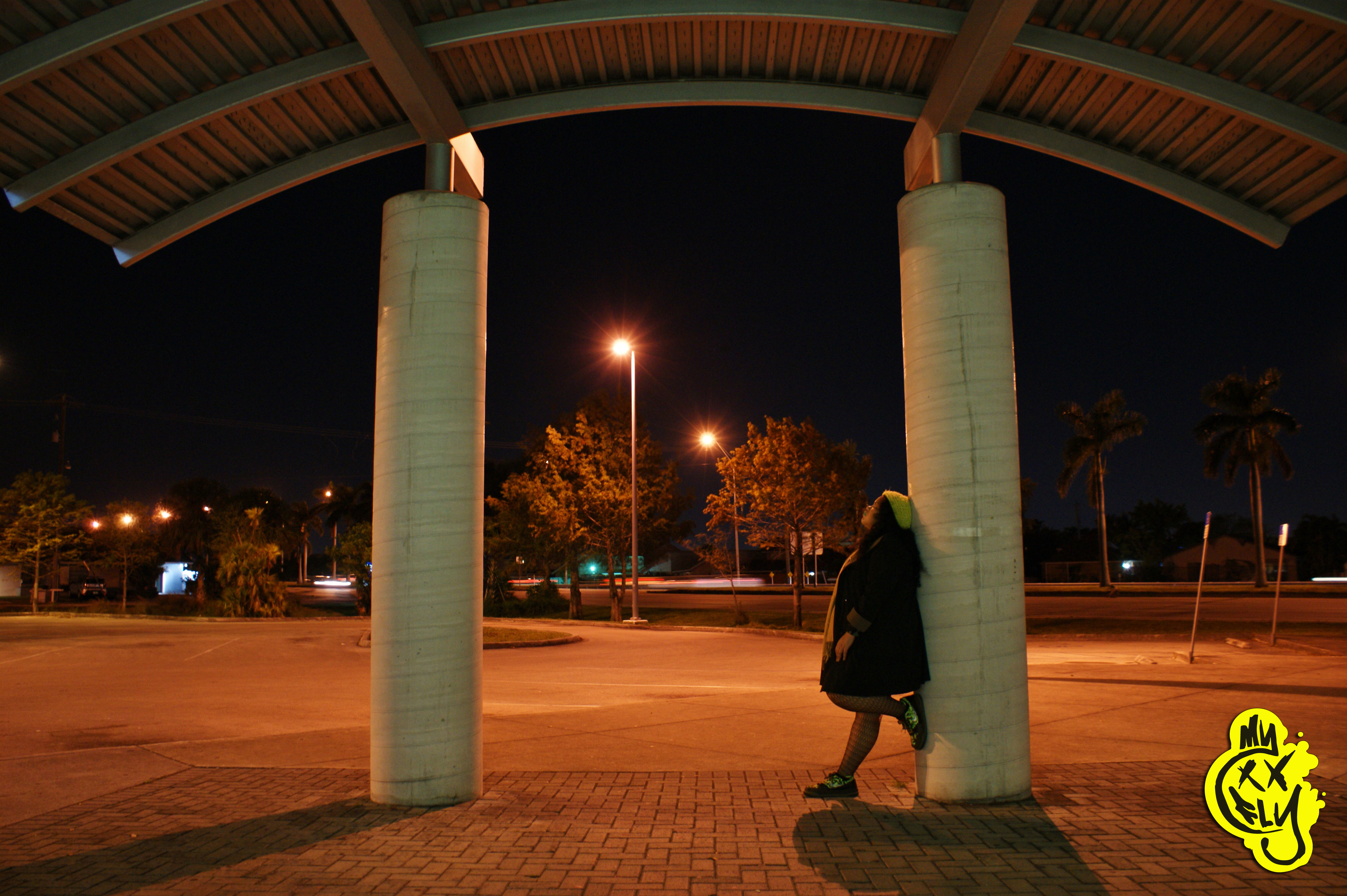Have you ever withheld money from a company because their CEO made a statement you morally disagreed with? Maybe they backed a political ideology you found questionable, or ran an ad campaign you found unsavory? Or perhaps you heard that a particular brand has unethical business practices and you decided you would no longer support them with your hard earned cash. Well, if you’ve ever done any of these things, you inadvertently stumbled ass first into consumer activism! Way to go, you’re a champion of man and Earth! Well, not really; or rather, not yet, but we’ll get to that. There’s no medal or award, except for the satisfaction of spending your money however the fuck you want. Which is a privilege in and of itself ain’t it?
Welcome back MyXXFam! Today we’re discussing consumer activism, how I inadvertently found myself practicing it, and how something that should work on principal, is really not enough. Well, not by itself anyway.
Accidental Activist
I, your friendly neighborhood “ethically” fly fat girl, have proven over the span of this blog that you can construct dope outfits from pieces that have been repurposed, recycled, or even found. I first began dressing in this fashion circa 2015 after a big move, an even bigger loss, and a realization that I owned a lot of clothes. Clothes that didn’t fit, clothes I didn’t wear, clothes I couldn’t bring myself to get rid of for some vague attachment or guilt or rationalization. I grew up in an environment where hoarding was the norm, and it wasn’t until my late twenties that I began to look inward, analyze my surroundings, and realize that my relationship with things was flawed. Still I had no clue how I would go about changing this relationship, only that I wanted to.
So, I read about politics and consumerism, and watched documentaries and looked for an answer. Eventually, I realized that I wasn’t looking for a solution to my excess of stuff, I was looking for a different way to live. A way that was free of attachment to things, a way that would help me align spiritually and connect with my fellow man, a way that would lead me to a simpler more fulfilling life. Where my focus would turn away from what I could consume, toward what I could create.
Then, I made up an arbitrary rule: no new stuff. Non essential purchases were forbidden, and if I absolutely needed something I would first re-purpose, borrow, buy second-hand or support small businesses; in that order. Inadvertently, I began to boycott not only specific companies, but an entire way of life, and there I was, snatch-deep in consumer activism.
The Impact of Conscious Consumerism
Consumer activism is a practice by which a person or group votes with their dollar. The aim is to influence the way business is conducted by openly (and loudly) withholding money from companies whose practices you disagree with, in the hope that if enough people do it, a positive change will occur within the infrastructure. Every time I actively kept my money from a shit company and instead abstained or found a “better” way to spend, I felt it was a giant “fuck you” to the man. Being a conscious consumer brought into light just how much we the people, use things and the act of buying things as crutches and bandages for unfulfilled lives. Through no fault of our own, we are bred to purchase new items for a momentary rush which we mistake for joy. The act of buying has become our national past-time and it keeps the wheels of our economy turning. It’s something to do, alone, or in a group, something to amuse us when we’re bored or lonely or stressed. So, if through conscious consumerism you can rid yourself of the impulse to buy and instead do so “ethically”, then you can save the world and protest! Right?
Well, that’s what you hope for, but in reality, it doesn’t do a goddamned thing. Okay well, maybe that’s not entirely fair. Consumer activism can help you change the way you see the world (and especially the way you see yourself), but it operates on a law of diminishing returns. The footprint of a “conscious consumer” is ultimately, not all that different from anyone else. It can also turn systemic problems into moral arguments. Instead of a call to action, consumer activism can become polarizing, and by the mere fact that we must consume to participate, it is inherently elitist.
The truth is, that where market capitalism is king, a truly sustainable choice does not exist. An individual can boycott a company, a group can lead a successful campaign against a brand, but attacking those who exploit the flaws in the system, will not change the system.
Making a Real Difference
Well, fuck. That took a turn didn’t it? Here you thought we were getting a pat on the back, for being minimialists and thrifters and champions of sustainability huh? So, if consumer activism doesn’t work, then why bother? What good is being a conscious consumer if it makes no real impact?
Well, for many of us living inside a damaged system, the realization that the system is broken can become a catalyst for something bigger. When I started buying intentionally, it did not change the world, but it changed my perspective of it, and my role within it. I began to pay more attention to people and politics. Instead of living as a passive consumer I became an active learner, and found peace when I liberated myself from my stuff. I also learned the privilege of choice. The privilege of having excess to declutter, the privilege that while I lived in working class poverty in a marginalized body, I also had access that many others don’t. These realizations have led me to a place where I can use my access, for more, and conscious consumerism got me there.
Consumer activism asks those of us in positions of privilege to analyze our choices, but it is not a solution. What we choose to do beyond the point of analysis is what determines its efficacy. So, how do we dismantle a system that allows unethical companies to exploit the poor and disenfranchised in our societies while destroying our planet? Putting our extra time and wealth into supporting groups and non-profits that fight and lobby for the changes in the system we want to see. By being mindful in our own lives, we can become more mindful on a national level, and then on a global one. So continue thinking about your day to day choices and how they impact the Earth, but don’t stop there. There is always more that we can do, and we owe it to ourselves and each other, to do better. What do you think about conscious consumerism? Do you see the value in it? To join the conversation, and for updates on our current projects and links to fundraising events for our favorite non-profits make sure to follow us on Instagram and Facebook @myxxfly. Until next time, think globally, act locally, and keep your double-x fly!





